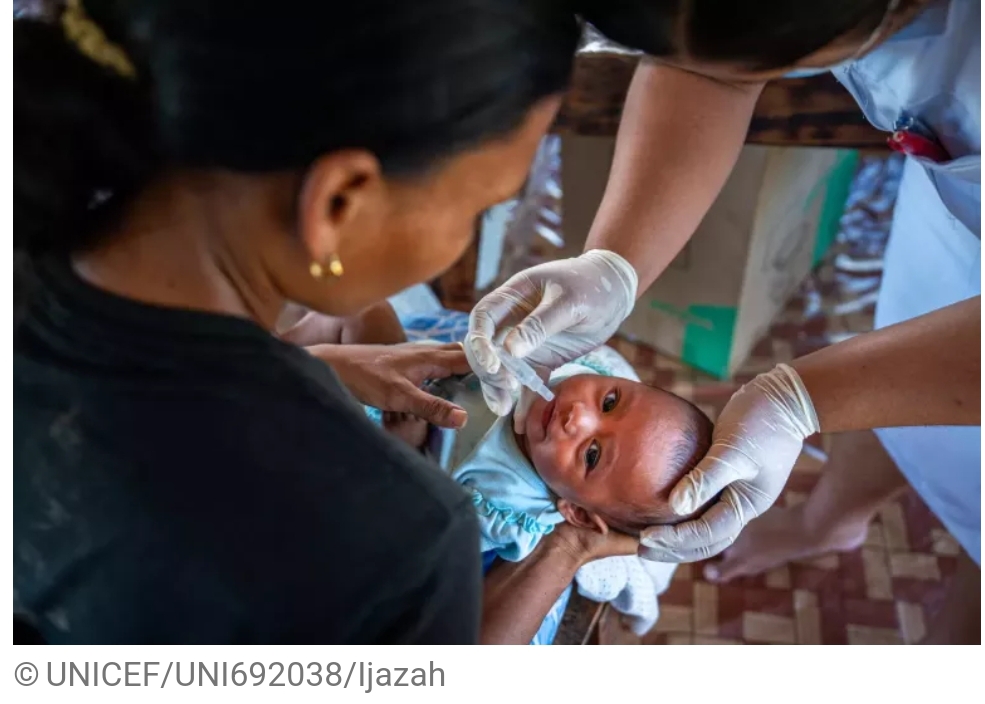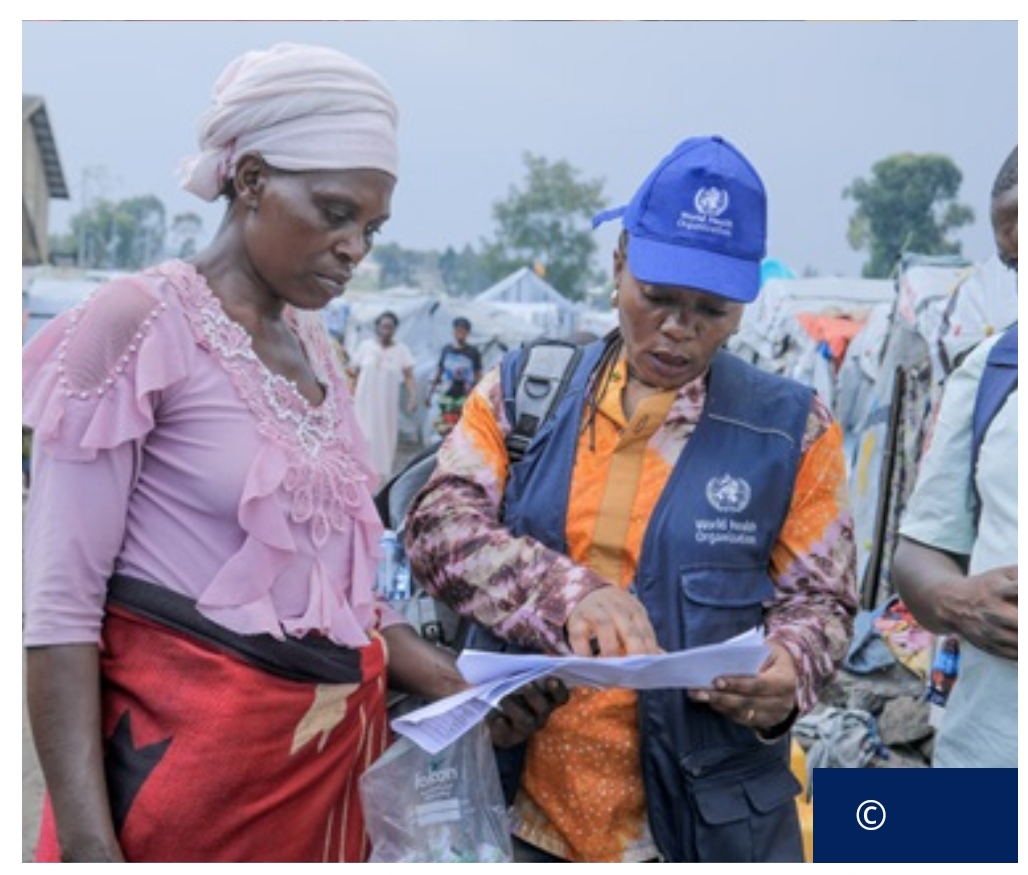Surge in Vaccine-Preventable Disease Outbreaks Threatens Decades of Progress, Warn WHO, UNICEF, and Gavi.
Geneva:
A sharp rise in outbreaks of vaccine-preventable diseases such as measles, meningitis, and yellow fever is threatening to reverse decades of progress in global health, warned WHO, UNICEF, and Gavi in a joint statement marking World Immunization Week (24–30 April). The agencies called for urgent and sustained investments in immunization as funding cuts and growing misinformation risk the health of millions worldwide.
The warning comes amid a worrying global trend. In 2023 alone, an estimated 10.3 million measles cases were reported — a 20% increase from 2022. Measles outbreaks were recorded in 138 countries over the last 12 months, with 61 experiencing large-scale or disruptive events, marking the highest outbreak levels since 2019. Meningitis cases in Africa have also surged, with over 5,500 suspected cases and nearly 300 deaths in just the first three months of 2025. Yellow fever is resurging too, with 124 confirmed cases in 12 African countries and 131 cases in four countries across the Americas since January.
This spike in outbreaks comes at a time when global health systems are grappling with deep cuts in donor funding. According to a recent WHO rapid assessment of 108 country offices, nearly half of the countries surveyed reported moderate to severe disruptions to vaccination campaigns and access to medical supplies. This includes nearly 50 countries where immunization services and disease surveillance are already compromised — mirroring the setbacks witnessed during the COVID-19 pandemic.
UNICEF Executive Director Catherine Russell stressed that more than 15 million vulnerable children in conflict-affected countries are at risk of missing life-saving vaccines due to this financial crisis. In 2023, 14.5 million children worldwide missed routine immunizations — up from 13.9 million in 2022.
Despite these challenges, immunization remains one of the most effective health interventions. Vaccines currently prevent over 4.2 million deaths annually from 14 diseases, with significant benefits concentrated in low- and middle-income countries. Notably, meningitis A has been eliminated in Africa’s meningitis belt thanks to successful vaccination efforts. Progress has also been made in reducing yellow fever mortality and in introducing HPV, pneumococcal, and malaria vaccines in high-burden countries.
In light of these gains, WHO, UNICEF, and Gavi are urging governments, donors, and communities to reaffirm their commitment to the Immunization Agenda 2030 (IA2030). As part of this strategy, the ‘Big Catch-Up’ initiative — launched in 2023 to reach children who missed vaccinations during the pandemic — remains critical to regaining lost ground.
Gavi CEO Dr. Sania Nishtar emphasized the need for full funding of Gavi’s next five-year strategy, which aims to protect 500 million children and save at least 8 million lives between 2026 and 2030. The plan includes expanding global vaccine stockpiles and rolling out targeted vaccination in high-risk areas.
A high-level pledging summit, scheduled for 25 June 2025, seeks to raise US$ 9 billion to support this strategy. “We have the tools, the science, and the partnerships,” said Dr. Nishtar. “But we need the funding and political will to ensure no child dies from a preventable disease.”




